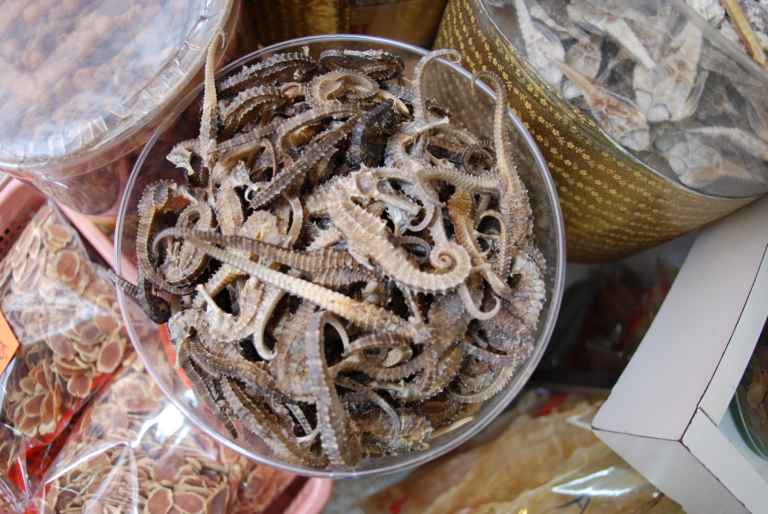This Black History Month, UBC community is hopeful for change
This Black History Month marks the first since UBC President Santa Ono called for the acceleration and intensification of the university’s efforts to build a more inclusive campus. Find out more about the work UBC is doing to address systemic racism.

February marks Black History Month, a time to celebrate and honour the achievements of Black figures, past and present.
Dr. Rashid Sumaila, University Killam Professor at UBC’s Institute for the Oceans and Fisheries and the School of Public Policy and Global Affairs, is a world-renowned expert in the field of ocean and fisheries economics. His expertise has been sought by the White House, the United Nations, and the Government of Canada.
Yet when he walks across UBC’s Vancouver campus, Dr. Sumaila says he is often stopped by lost individuals who ask if he is a student before seeking directions.
“That is always the first question,” says Dr. Sumaila. “As a Black man, I can’t be anything here except a student, because as soon as they see you, they put you in a box.”
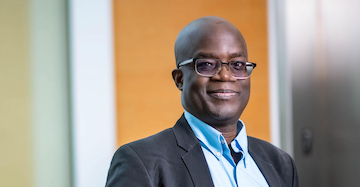
February marks Black History Month, a time to celebrate and honour the achievements of Black figures, past and present. But when systemic racism—including subtle forms of racial microaggressions like his experience while walking across campus—continue to permeate all levels of our society, Dr. Sumaila says it’s important for people to be aware of their own implicit biases in order to meaningfully observe Black History Month this year.
“As we look to February as a month of celebrating the many achievements and the many struggles of Black people, we need to start to at least acknowledge the systemic racism that is happening in the world,” he says.
Anti-racism initiatives underway at UBC
At UBC, this Black History Month marks the first since President and Vice-Chancellor Santa J. Ono reaffirmed an institutional commitment to inclusion in June 2020, and called for the acceleration and intensification of the university’s efforts to build a more inclusive campus.
Last October, Vice-President, Students, Dr. Ainsley Carry and UBCO Provost and Vice-President, Academic, Dr. Ananya Mukherjee Reed were appointed as co-executive leads for anti-racism. In November, Dr. Handel Wright was appointed as senior advisor to the president on anti-racism and inclusive excellence to support the implementation of UBC’s Inclusion Action Plan and develop an outreach strategy to advance understanding of race, racism and anti-racist strategies.
In recent months, President Ono has met with members of the UBC Black Caucus, Indigenous and Asian groups and other marginalized communities to listen to their concerns. The university also launched an anti-racism website that brings together all of the university’s anti-racism activities, serving as an accountability mechanism for UBC’s efforts to combat institutional racism.
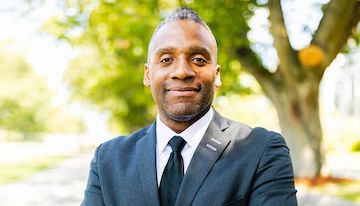
UBC leadership working closely with Black faculty on anti-racism initiatives
For VP Students Dr. Ainsley Carry, he says he is honoured to have been appointed as one of the co-executive leads to serve as a bridge between the UBC administration, students, faculty and staff to ensure UBC’s anti-racism initiatives move forward.
“Hearing the experiences of Black students, faculty and staff has been encouraging and heartbreaking at the same time,” says Dr. Carry. “What gives me hope is the commitment UBC has made from the Board of Governors and President Santa Ono to move the needle on important equity, diversity, and inclusion initiatives.”
Dr. Carry says he is well aware of the racism that still exists in our society and institutions. Although he has a doctorate in higher education, three master’s degrees, and 25 years of experience in university administration, he still faces challenges about his competency.
“I have been asked if I’m concerned about being a ‘token hire,’ the implication being that I’m either unqualified or that I was only hired because of my race,” he says. “Unfortunately, my experience is not unique. This is a challenge for many BIPOC students, faculty, and administrators in senior leadership roles.”
Dr. Carry emphasizes that his most important challenge as VP Students is to balance his commitment to support all students in their personal, career, and academic pursuits while responding to the expectations of the BIPOC community.
“My professional commitment has always been to discover where our current systems produce barriers so that we can dismantle these hurdles in order to better serve all students,” he says.
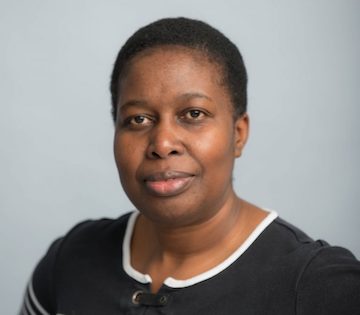
UBC faculty members offer ideas to move anti-racism initiatives forward
Dr. Bathseba Opini, assistant professor in the faculty of education and a member of the UBC Black Caucus says UBC’s anti-racism initiatives so far have left her feeling “cautiously optimistic.”
“I think we’re going the right direction, which is promising, but we should also not forget that we are operating in systems and structures with historical roots and, which need to be shaken up and torn down,” she says. “It will take a lot of time and effort for people to gain a deeper understanding of how endemic anti-Black racism is in our society and institutions.”
Dr. Opini also emphasizes that, for real change to unfold, it’s not enough for only Black scholars to do the heavy lifting. She says it’s important for everyone, especially people in positions of privilege and power, to also advocate for change, to speak up when they witness racism, and to continue doing so long-term—not only during Black History Month.
“Everyone needs to recognize that we are not only Black in the month of February,” she says. “If we are going to be examining Black excellence and tackling anti-Black racism, it needs to be a year-round project.”
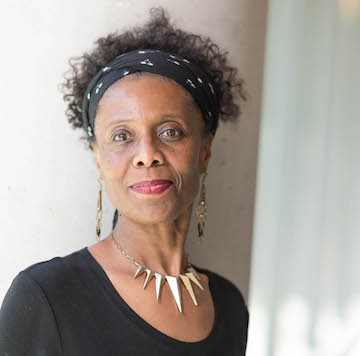
Dr. Annette Henry, David Lam Chair in Multicultural Education and professor in the faculty of education, agrees that the university’s recent initiatives seem promising. She encouraged leadership at every level to be “bolder” in their thinking and actions. She suggests a focused hiring initiative to bring more Black academics to the university, additional financial supports and scholarships for Black students specifically, and more Black-focused content in the academic curriculum as important first steps.
Henry recalled a course that she developed on Dub poetry that her students found so engaging, that many “didn’t want to leave at the end of the class session.” “I think that says something about the hunger for relevant Black content in our courses,” she adds.
VP Students Dr. Carry says he is looking forward to working closely with the UBC Black Caucus and community members in his role as co-executive lead for anti-racism, and welcomes their ideas for moving the university’s anti-racism initiatives forward.
“This Black History Month, I am reflective and hopeful that the world’s recent awakening produces long-lasting change,” says Dr. Carry.
‘We all have a part to play’
As UBC continues working toward building a more inclusive campus, Dr. Sumaila echoes Dr. Carry’s sentiment of hope for this Black History Month.
Dr. Sumaila encourages the UBC community to take the time to reflect, to recognize the value of diversity and to embrace it.
“We are all part of this world, so the more we work together to address systemic racism, the more we understand each other and make space for one other, the better our system will be, and the better UBC will be,” says Dr. Sumaila. “We all have a part to play.”
